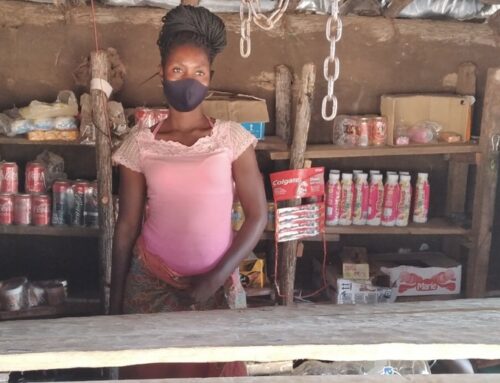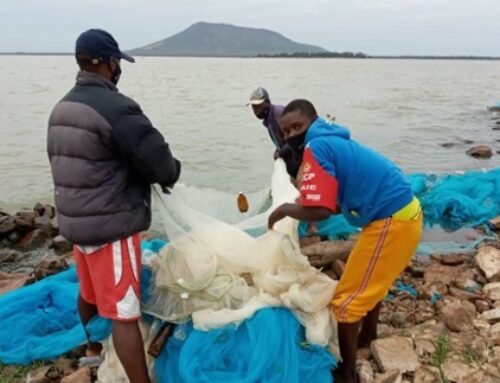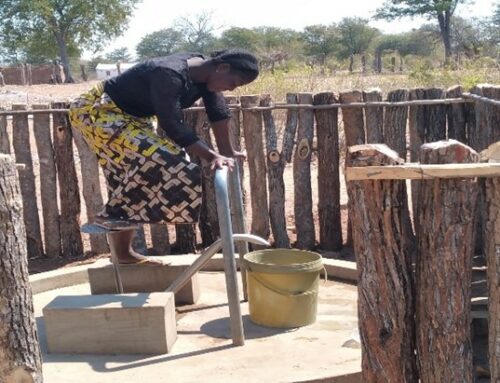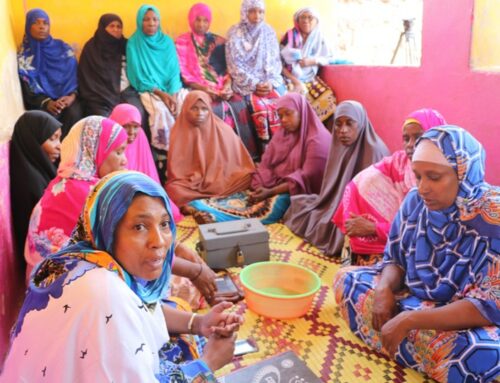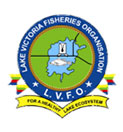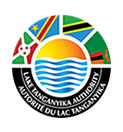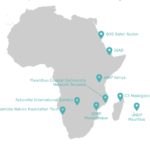How does one fish efficiently and sustainably? Although this question has long been overlooked by the inhabitants of Litoya, in the west of Zambia, it is vital to young Muwela. Born in 1987, his life has changed considerably since the Community Fisheries Committee (CPC) visited his village.
Until recently, many teenagers, including Muwela, were using nets made from mosquito netting to fish. This type of gear, known as Vikukula in the Lozi language, is considered illegal as it catches all sizes of fish, therefore not promoting sustainable fishing.
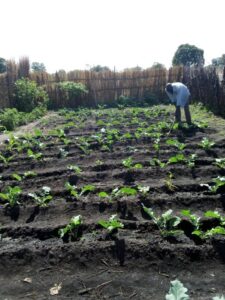
In order to counteract this practice, the Zambia Sustainable Small Scale fisheries Project has been established with ten groups in Litoya. This initiative aims to improve the management of fisheries resources by providing training sessions in fish farming, sustainable fisheries management, horticulture and leadership.
Like many others, Muwela initially felt that sustainable fishing practices were taking away much of his livelihood. However, the awareness campaigns changed his mind. Muwela now resorts to safer and more appropriate practices. In addition, thanks to the new skills he acquired through the trainings, he has found an additional source of income: market gardening. After purchasing land from the traditional leader Litoya, he now grows vegetables such as rapeseed and tomatoes as an alternative source of income. He also intends to take up integrated fish farming and market gardening.
Muwela is a true inspiration. As a literate high school graduate, he now forms part of an integral part of the committee as secretary to help with the group’s minutes. His dedication has made him a true leader of the Zambia Sustainable Small Scale fisheries project, determined to promote sustainable fishing.


